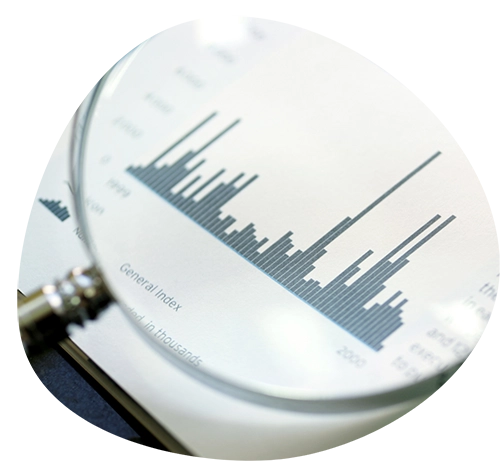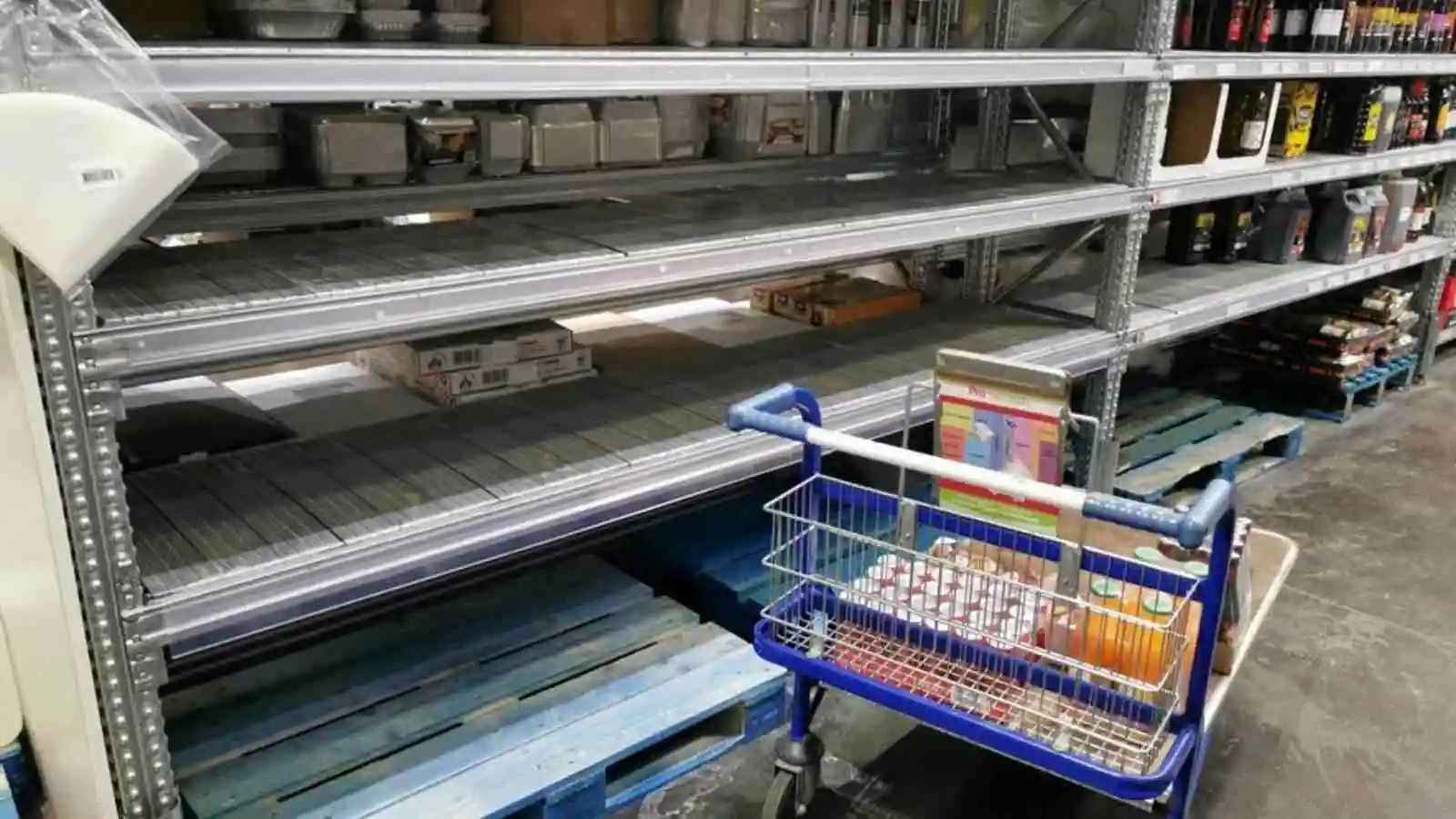The module detects and corrects exceptional sales to avoid any distortion of historical data.
This approach provides more reliable and representative data, optimizing demand analysis and supply chain planning.


The sales history correction module identifies these break periods and makes adjustments to reflect standard demand.
Eliminate out-of-stock bias and provide more accurate data for future analysis.
This module takes into account the effects of promotions on sales. It records information linked to different promotions and applies adjustments to historical sales data to reflect the real impact of promotions on sales.
This automatically generates corrected sales data, a key factor in improving accuracy.


The module identifies exceptional sales and corrects them to prevent them from distorting historical data.
Get more stable, representative data for better demand analysis and supply chain planning.
Do you have a supply chain project?
optimiX supports you from start to finish:
Sales History Correction – Demand Forecast Modeling – Inventory & Product Availability Optimization –
Supplier Order Management – Merchandise Transport and Delivery Optimization
Accueil / Supply Chain Solution – OLD PAGE / History Correction